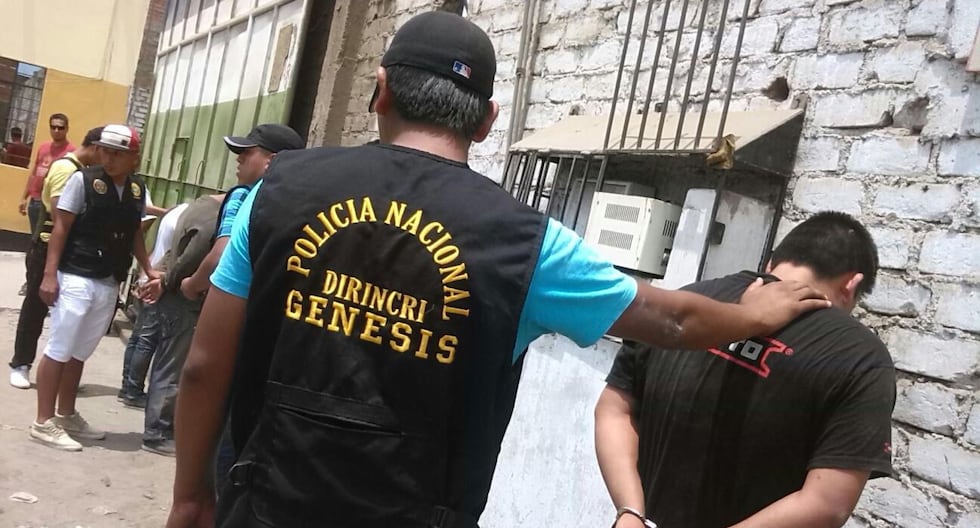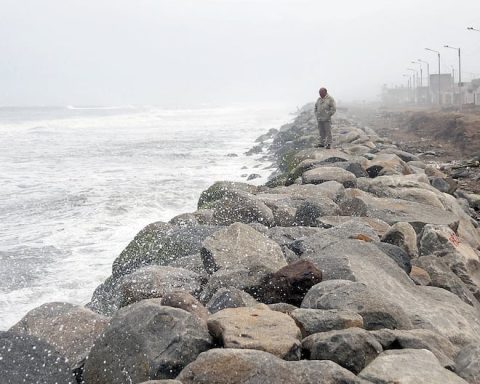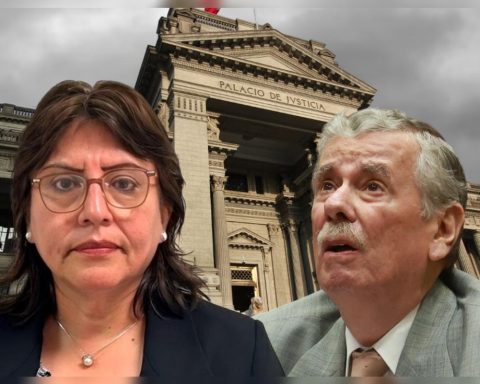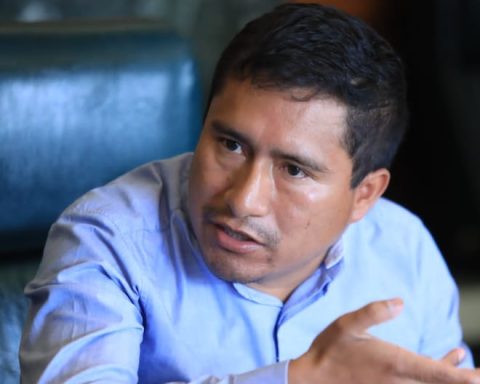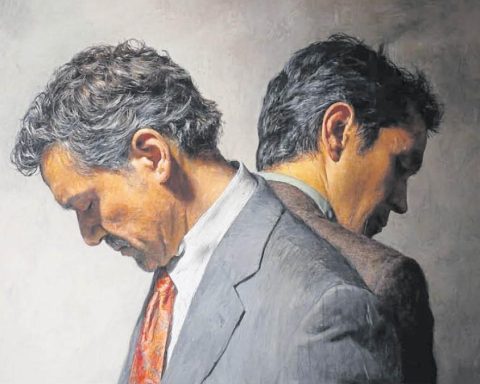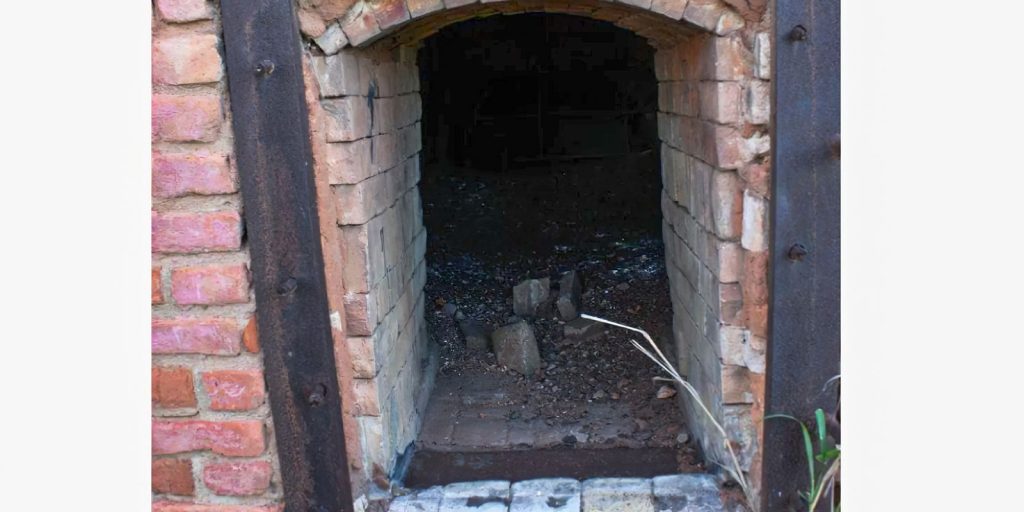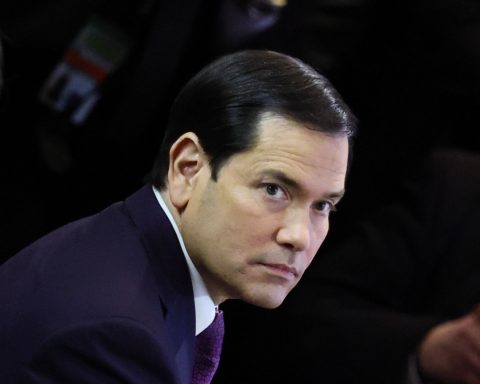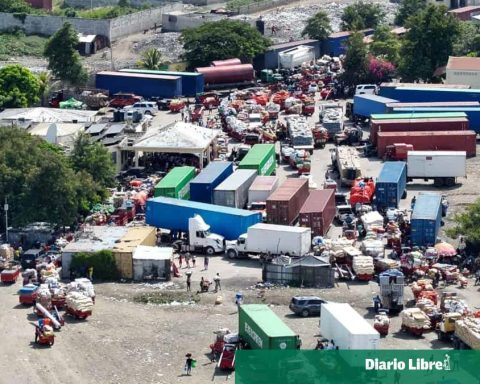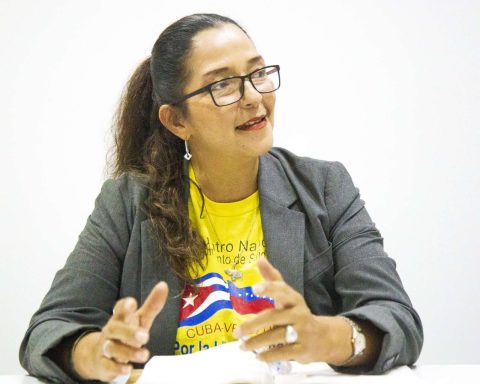UNICEF expressed its rejection of a ruling approved in Peru that authorizes punishing adolescents with the same penalties applied to adults in cases of serious crimes.
Through its social networks, the organization warned that minors cannot be judged with the same criteria, recalling articles 37 and 40 of the Convention on the Rights of the Child, which require a specialized juvenile criminal system aimed at social reintegration. .
UNICEF urged the authorities to maintain the commitment to protect children’s rights, ratified by Peru since 1990.
Congress approved that adolescents aged 16 and 17 be tried for serious crimes
In the second vote, Congress approved the legislative initiative that criminally punishes 16 and 17-year-old adolescents involved in serious crimes such as terrorism, qualified homicide, kidnapping, extortion, hitmen, drug trafficking, rape, among others.
According to what was reported, socio-educational measures (which would be like a sanction in the case of adults) consider hospitalizations of 6 to 8 years if adolescents are found guilty of crimes such as contract killing or sexual rape of minors.
It is worth mentioning that bill 618 sought to modify paragraph 2 of article 20 of the Penal Code, since current legislation establishes that minors under 18 are “exempt from criminal responsibility”, that is, they are not blameless (not punishable). before the law).
Among other acts that may be sanctioned will be the promotion, favoring or facilitation of the illegal consumption of toxic drugs, commercialization and cultivation of poppies and marijuana and their compulsive planting, and illicit trafficking of chemical inputs and controlled products in some of their aggravated forms.
In addition, for serious injuries, serious injuries due to violence against women and members of the family group, human trafficking and its aggravated forms, sexual exploitation (girls, boys and adolescents), child pornography, slavery and other forms of exploitation, among others. .
Said approved law will be sent to the Executive to arrange its promulgation or, otherwise, its observation, with which this proposal would return to the Congress of the Republic.
